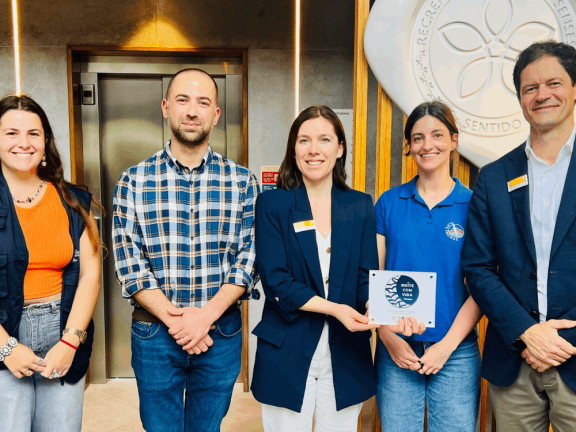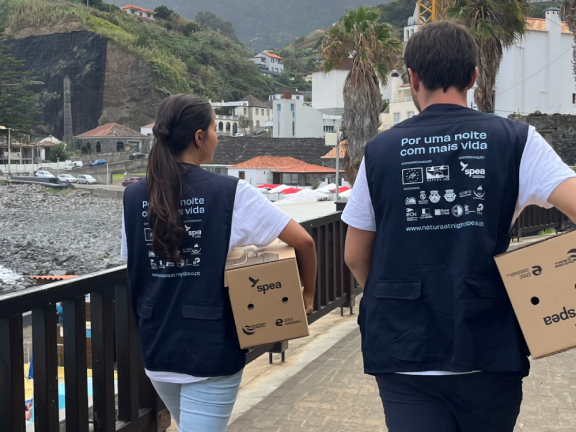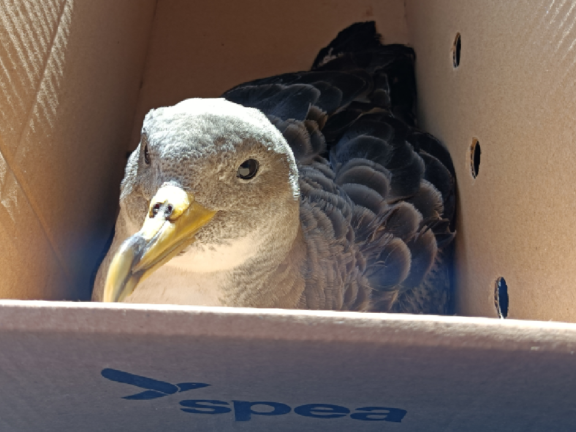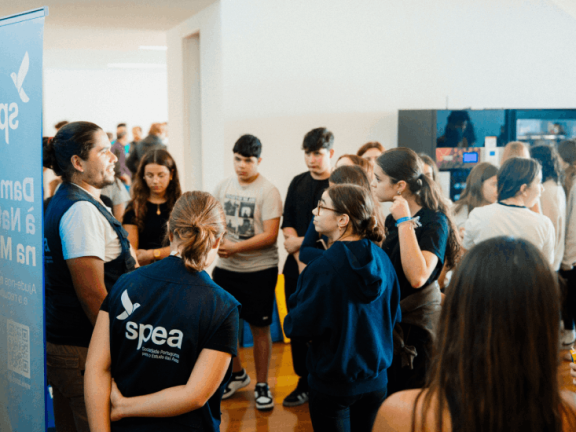On 16 May we celebrate one year since the official presentation of the project, on the International Day of Light. It has already been possible to achieve several milestones, with the aim of mitigating light pollution.
In this project we have been studying the impacts on biodiversity, through monitoring seabird nests, seabird rescue campaigns, insect and bat sampling and also literature reviews on the impacts of light pollution on these animal groups.
SPEA aims at a very direct approach to the source of the problem, seeking to implement more efficient, better targeted and more environmentally friendly public lighting. To this effect, the mapping of light pollution in the 3 archipelagos was carried out, through boat census, lighting measurements and, soon, satellite imaging. We are contributing to the regulation of public and private lighting, both at regional, national and international level, where we will seek to contribute to better legislation in order to mitigate light pollution, especially in more sensitive areas such as protected areas and areas with higher agglomeration of biodiversity.
Under the LIFE Natura@night project, numerous activities, awareness and environmental education actions and biodiversity studies have already been developed. In one year, it was possible to achieve, in Madeira:
- 300 participants in environmental education activities
- 1816 surveys carried out among the population
- 26 events with 1500 participants
- 141 volunteers in the work carried out
- 6 executive meetings with the 13 partners
- 7,600 insects collected
- 2 species of bats detected
- 117 seabirds rescued
- 153 seabirds ringed
- 18 light pollution measurements in protected areas
- 250 000 people reached on social networks
- 1700 users on the project website
This second year, we are heading towards better legislation, Master Plans in the partner municipalities and changes in public lighting, as well as increasing knowledge about seabird colonies in Macaronesia, continuing with efforts in the Environmental Education component.








